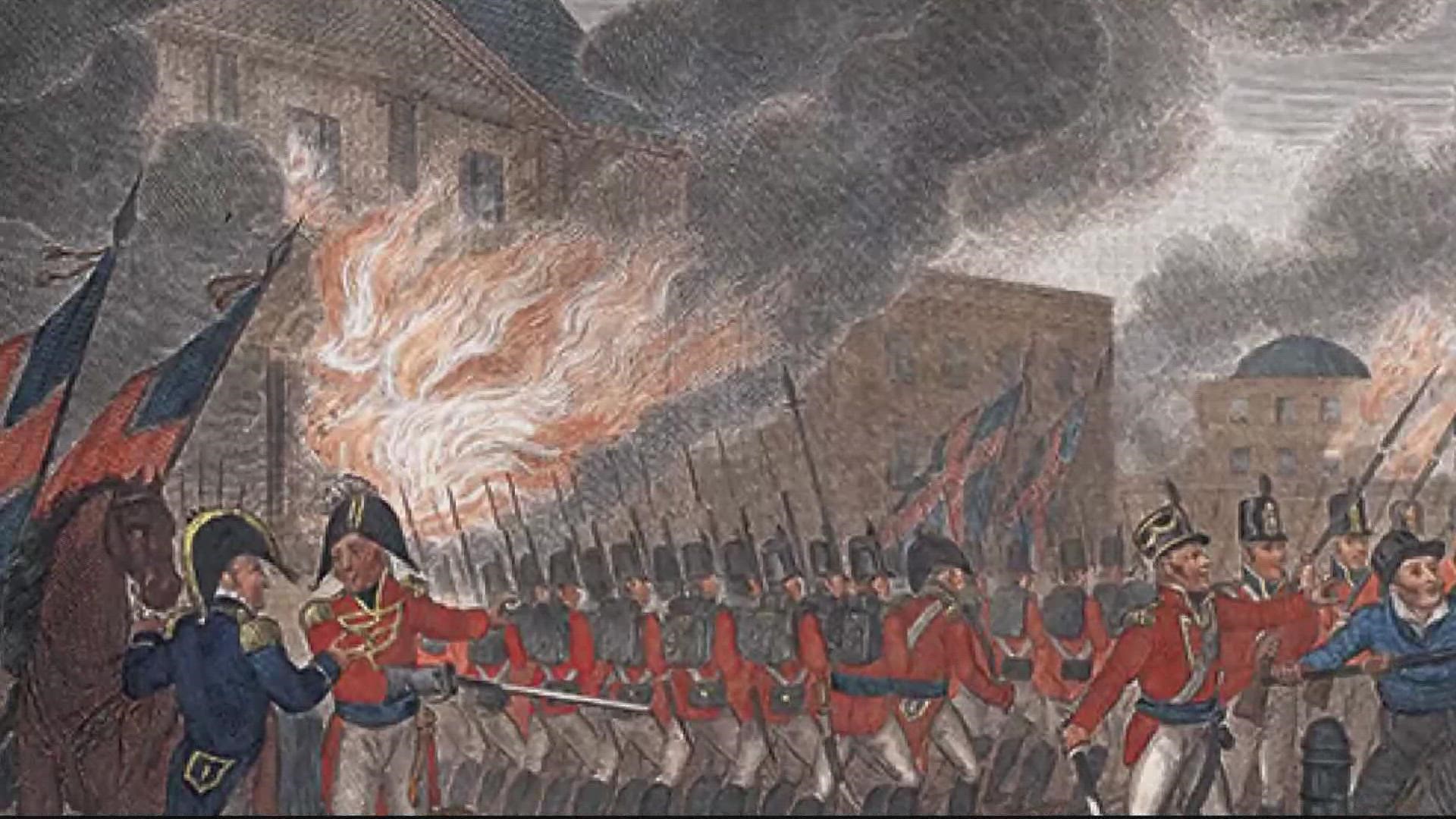FREDERICK, Md. — An attempt in Maryland to recognize a patriot who fought the British in the War of 1812 has ignited a modern debate about race and military recognition.
The unmarked grave in question is in the St. John's Cemetery in Frederick. The Veterans Administration (VA) is denying a formal request for a marker to honor Samuel Neale, who was likely enslaved while serving as a fully armed soldier in the defenses of Washington and Baltimore against British attacks in 1814.
According to a letter from the VA to Lou Giles of the Society of the War of 1812 in Maryland, the request for a marker acknowledging Neale was denied.
"Neale did not have qualifying military service," the letter states.
Giles says he is dismayed by the response. He provided documentation, including an affidavit from Neale published in Maryland in the 1870s documenting his service. Neale was “on the ground fully armed” outside Washington and Baltimore during British attacks, according to the published account.
He was the aide to a Maryland Militia surgeon who owned him, the records say. Neale was “equipped as a soldier” on the battlefield to "care for the wounded," according to the historic statement. He even suffered an accidental gunshot wound when the doctor's pistol discharged while Neale was unsaddling a horse in Baltimore.
Giles admits there was no record of military rank or commission because there was no such thing for enslaved people during the period. But Giles said the ample historical record of Neale's service was so overwhelming the state of Maryland granted him a military pension just before his death in 1870.
“Even though slavery was abolished after the Civil War, the effects of it continued to go on to this day on issues like this," Giles said. "I can't say that the VA is purposely doing this or realized they're doing it. But the effect of what they have done, basically says a Black servicemen in 1812 in Maryland, cannot get a tombstone.”
The War of 1812, a battle with the British after the American Revolution, included the burning of Washington and the attack on Ft. McHenry in Baltimore, which resulted in the writing of the Star Spangled Banner by Francis Scott Key. Famously, citizen militia defeated a British ground force sent to attack Baltimore while the British Navy bombarded Ft. McHenry. The action forced the British to withdraw. Britain proposed an armistice after the failure of the assault on Baltimore and other defeats.

